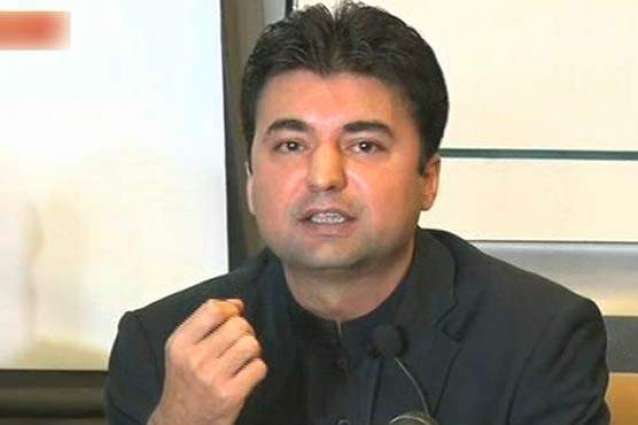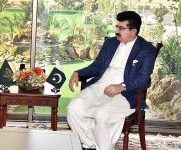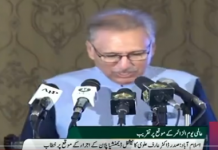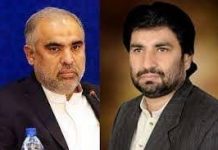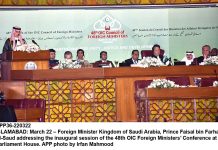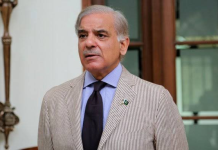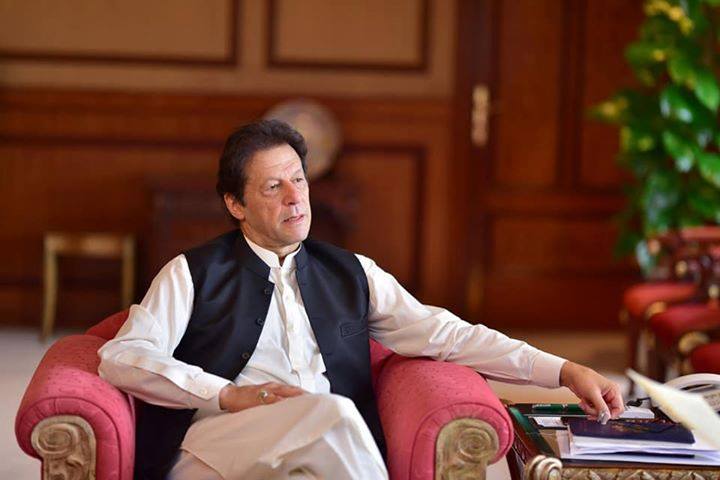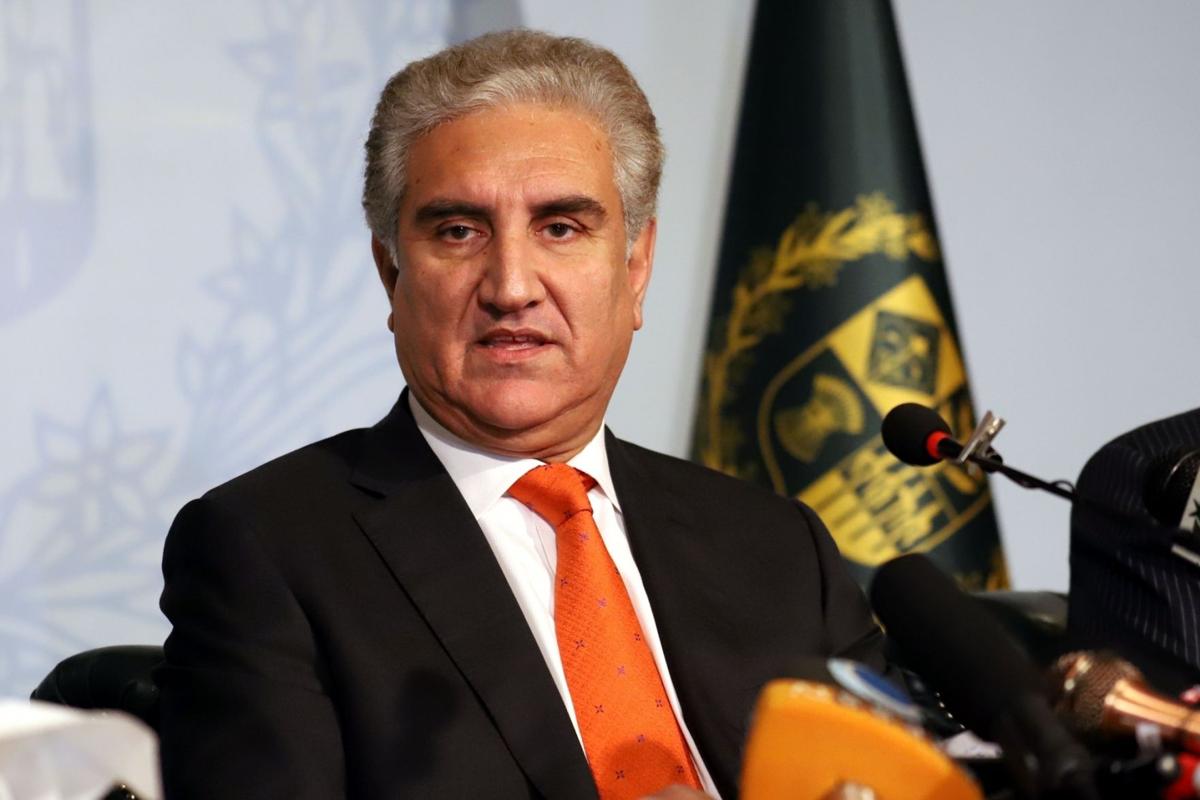ISLAMABAD: Senate Chairman Raza Rabbani on Tuesday said pa
rliament has not been given due role on defence, national security, foreign and nuclear policies since from the beginning.
He added that these domains were being strictly controlled by the civil-military bureaucracy thus creating an impression that pa
rliament was incapable and inept to the fast changing national and regional scenario.
The Senate chairman said this while addressing participants of a training programme at Pakistan Institute for Pa
rliamentary Services (PIPS).
He said the future of Pakistan lies in true participatory federalism as
envisaged by the Quaid-e-Azam in his speech to the Constituent Assembly.
To various questions, he termed it unfortunate that the concept of welfare state was overwhelmed by the national security or a garrison state and the role of pa
rliament was marginalised by giving an impression that pa
rliament is no more than a debating club and the politicians enjoy privileges. He said that civil- military bureaucracy wants to cling t
o power and the younger generation was made to believe to remain either apolitical or become worst to the politics.
He said that the curricula of various classes mentioned less about the constit
utional history and unfortunately glorified the military dictatorships. The Senate on April 10, 2015 passed a resoluti
on to make efforts for incorporating the constit
utional history in the curricula. “Letters were sent to the provincial Chief Ministers and the Prime Minister but to no avail,” he said. He added that the Senate took the initiative and an exercise was carried out to review the curriculum and surprisingly all the books had no mention about democracy or constit
utional history.
He proposed to PIPS to initiate such programme for the matric level as well to change the thinking of the younger generation towards democracy and democratic system.
He said the Senate has signed MoUs with various universities and has initiated a “Clerks of the Pa
rliament” programme. He said that instit
utional linkages, like other progressive countries, were developed between pa
rliament and universities to acquaint students with legislative process and senate secretariat also benefited from the fresh commitment and passion of the interns.
He also informed the participants about the intra-instit
utional dialogue among provinces started by the Senate. The chief justice of Pakistan, for the first time, addressed the Committee of the Whole. He underscored the need for intra- instit
utional dialogue to rid the country of the quagmire of uncertainty and put the country on the track towards a welfare state.
He said that pa
rliament has been transparent and benefits of democracy need to reach at the grassroots to make people believe that pa
rliament truly reflects the wishes and aspirations of the people.
He hoped that such fruitful interactions and training sessions would go a long way in shaping the country’s future as a true participatory democracy.
Raza Rabbani expressed his well wishes to the participants of the course and appreciated PIPS in this regard.
Earlier, PIPS ED Zafarullah Khan gave a briefing on the purpose of the training on pa
rliamentary studies. He said that faculty from various educational institutes of Pakistan are participating in the training course titled “Training of Trainers”.

